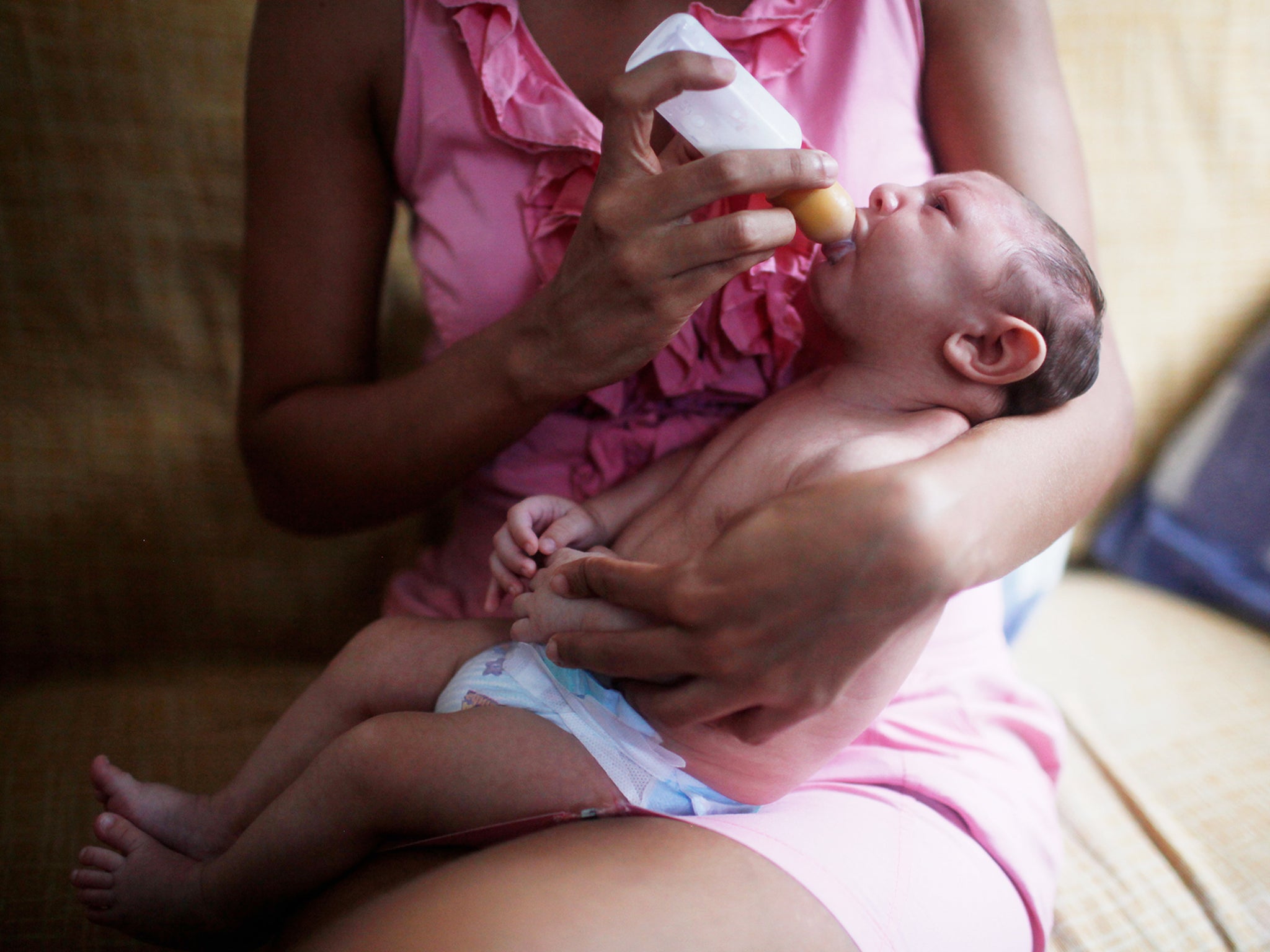Zika fears spread among holidaymakers after virus is detected in Cape Verde
British travellers who have booked to travel to newly infected areas who can produce a doctor’s note advising them not to travel will be able to switch to another destination without penalty

Your support helps us to tell the story
From reproductive rights to climate change to Big Tech, The Independent is on the ground when the story is developing. Whether it's investigating the financials of Elon Musk's pro-Trump PAC or producing our latest documentary, 'The A Word', which shines a light on the American women fighting for reproductive rights, we know how important it is to parse out the facts from the messaging.
At such a critical moment in US history, we need reporters on the ground. Your donation allows us to keep sending journalists to speak to both sides of the story.
The Independent is trusted by Americans across the entire political spectrum. And unlike many other quality news outlets, we choose not to lock Americans out of our reporting and analysis with paywalls. We believe quality journalism should be available to everyone, paid for by those who can afford it.
Your support makes all the difference.The role of international air travel in spreading disease has been highlighted by the spread from South America to Africa of the strain of Zika virus responsible for birth defects, causing fears for travellers as the summer holiday season begins.
The World Health Organisation (WHO) deems Zika a “public health emergency of international concern”. It has been confirmed that the strain is being locally transmitted in the Cape Verde Islands off the west coast of the African mainland.
Carriers of the disease who flew to the former Portuguese territory have been bitten by mosquitos, which have then gone on to infect others.
Only about one in five people who are infected with Zika develop symptoms, which include a fever, a rash and aching joints. But for a small proportion who contract the virus, it poses very serious problems. Health officials believe that when the virus is caught by pregnant women, it may cause microcephaly: babies born with an unusually small head, a disability that causes life-long difficulties.
There are also links between Zika and Guillain-Barré syndrome (GBS), a disorder in which the body's immune system attacks part of the peripheral nervous system. “When severe, the person is almost totally paralyzed," says the US National Institute of Neurological Disorders. "In these cases the disorder is life threatening.”
British holidaymakers booked to Cape Verde who can produce a doctor’s note advising them not to travel can generally switch to another destination without penalty. The same applies broadly to travellers booked to one of the many countries in Latin America where local transmission of Zika has been identified.
Zika is spread primarily by the Aedes aegypti mosquito, which is present in very few locations in Europe. One of those is the island of Madeira. The WHO advised this week that it is “highly likely” the virus will spread to the Portuguese island.
The virus can also be spread by the Aedes albopictus mosquito, which has a wider range of habitats. The WHO believes there is moderate risk of local transmission through these insects in many European countries as summer approaches, France, Italy and Greece are among the most likely to experience it.
A number of concerned holidaymakers have contacted the travel desk of The Independent to ask about their rights. One is a pregnant woman with a holiday booked to travel to Madeira next month. Because the Foreign Office and the National Travel Health Network and Centre (NaTHNaC) have not recommended against travel to Madeira, here is no automatic right to switch destination.
Britain’s biggest holiday company, Thomson, told The Independent: “At present, the European Centre for Disease Protection and Control (ECDC) says there is no active Zika virus transmission within Europe.
“Should this change we will of course update affected customers.”
However, the firm said: “We will consider the case of anyone due to travel with us to a destination not listed above, providing they have a doctor's note in line with the relevant medical advice, on an individual basis.”
Join our commenting forum
Join thought-provoking conversations, follow other Independent readers and see their replies
Comments